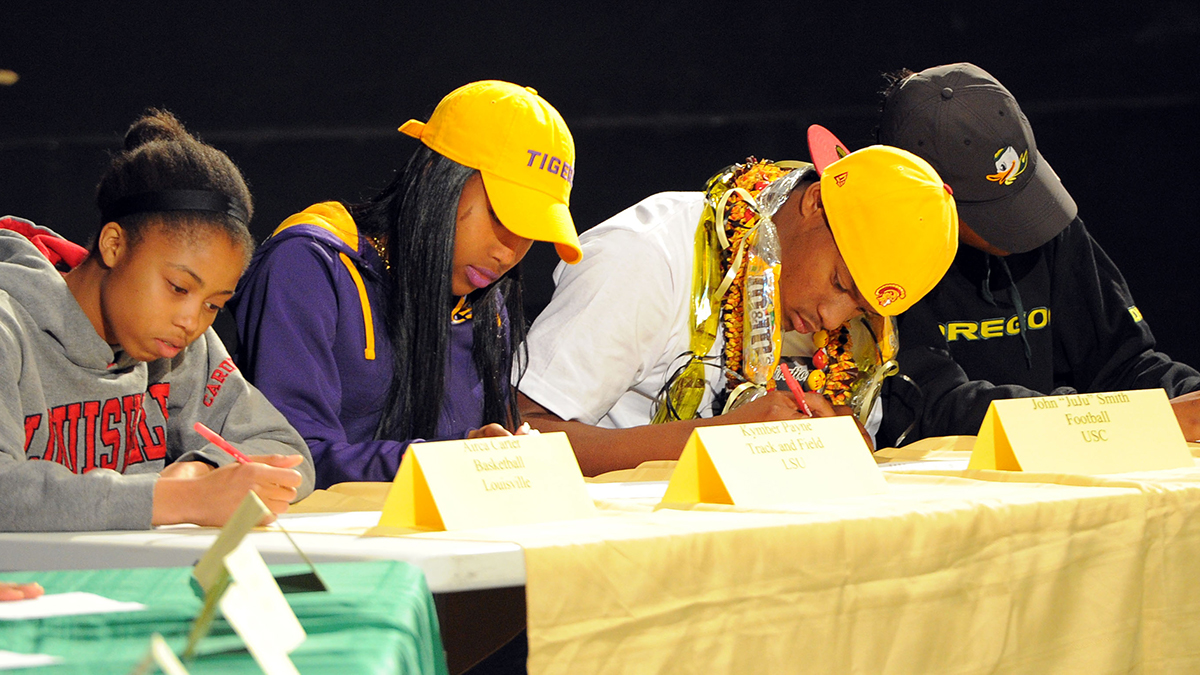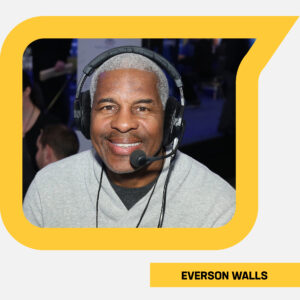GSM Live Insights: Dilemma, Decision, and the Debate of College Choice
In 2019, Jemele Hill wrote an an essay for The Atlantic urging Black college athletes to take their talents to HBCUs. She argued that they need to realize opportunity and exposure will follow them and that an influx of elite athletes to HBCUs could issue major changes not just in college sports, but throughout American culture. Experts from HBCUs and predominately White institutions (PWI) came together for GSM Live: Dilemma, Decision, and the Debate of College Choice to discuss the advantages and disadvantages of these colleges for up and coming Black athletes.
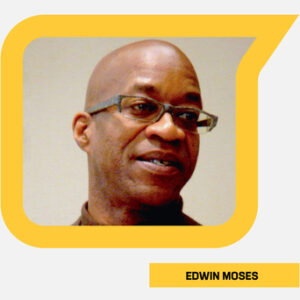
“Had I not gone to Morehouse, I would have never gone to the Olympics.”
Edwin Moses is an Olympic track and field star and a Morehouse graduate. For him, the environment at Morehouse helped him realize his potential among a supportive group of peers. As a result, he excelled academically, athletically, and professionally.
“Being at Grambling gave me a sense of self. Being at a PWI would never give me that.”
Everson Walls is a former NFL player and a graduate of Grambling State University, an HBCU in Louisiana. He remarks that throughout his career, White coaches often failed to appreciate and acknowledge his talent. Attending an HBCU was a nurturing and challenging experience that made him who he is today.
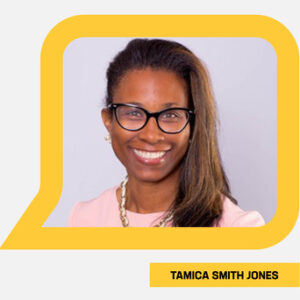
“From my perspective, HBCUs begin the real racial equity work and diversity, equity, and inclusion work.”
Tamica Smith Jones is the Director of Intercollegiate Athletics at University of California, Riverside. As a former student-athlete who transferred from a PWI to an HBCU, she knows firsthand about the different opportunities that both institutions offer. In her current position at a PWI, she collaborates with administrators, coaches, and student-athletes to foster an athletic and academic environment that genuinely works to ensure racial equity, diversity, and inclusion.
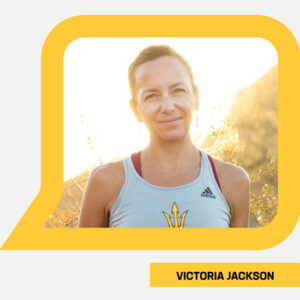
“Black athletes, for nearly 100 years now depending on where they are geographically in the United States, have been doing the work that we as educators in higher education should have been doing.”
Victoria Jackson, a professor at Arizona State University, lists five ways that PWIs can improve the experiences of the Black college athletes who attend their university. She encourages establishing trust and listening to Black college athletes, advocating for name, image, and likeness, supporting the Alston case ruling and lifetime scholarships, finding allies in academics, and spinning off of football.
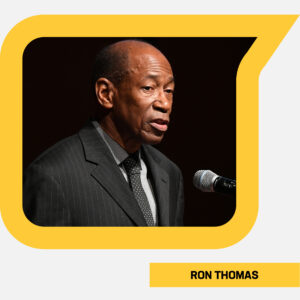
“They think it would be beneficial to the player because of the unique cultural experience that you get at a black college and it would be beneficial to the college because it would bring us a ton of national exposure that HBCUs don’t get.”
Ron Thomas, Morehouse College Director of Journalism and Sports Program, discusses the debate between Historically Black Colleges & Universities versus Predominantly White Institutions from the perspective of his journalism students.
Watch the full recording of this event on YouTube:
GSM Live: Dilemma, Decision and the Debate of College Choice
In 2019, Jemele Hill wrote an an essay for The Atlantic urging Black college athletes to take their talents to HBCUs. She argued that they need to realize opportunity and exposure will follow them and that an influx of elite athletes to HBCUs could issue major changes not just in college sports, but throughout American culture. Experts from HBCUs and predominately White institutions (PWI) came together for GSM Live: Dilemma, Decision, and the Debate of College Choice to discuss the advantages and disadvantages of these colleges for up and coming Black college athletes.
With Makur Maker committing to Howard, star high school athlete Mikey Williams tweeting about attending an HBCU, and reckoning with race in America, there needs to be a conversation about the value of an HBCU experience and what it offers for Black athletes. In this valuable discussion led by award-winning author and journalist Bill Rhoden, Dr. Edwin Moses, Dr. Victoria Jackson, Tamica Smith Jones, Ron Thomas, and Everson Walls share their insights about the education, athletics, culture, and community at HBCUs and PWIs.


